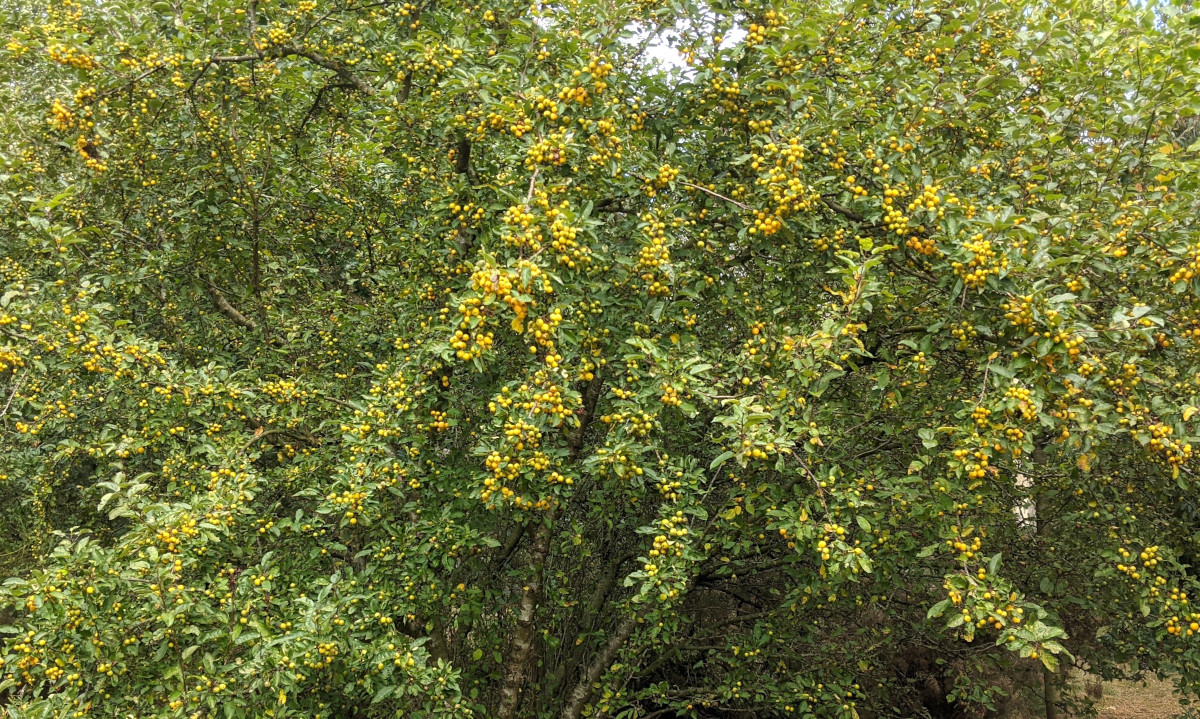Foraging FAQ.

Here are some frequently asked questions about foraging along with their answers:
What is foraging?
Foraging is the act of searching for and gathering wild edible plants, mushrooms, seafood, nuts, berries, and other natural food sources from wild public spaces or farmland.
Why do people forage for food?
Foraging gives you access to large amounts of fruits, nuts, mushrooms, seafood and berries that are not commonly cultivated and available to buy.
How do you find foraging sites?
Keep your eyes open for likely locations and take notes. Foraging groups or societies have list of suitable land and online maps will show you where public footpaths are. Keep your eyes open in spring for blossom that indicates where fruit trees are growing.
What kind of plants and fungi can I forage for?
The plants and fungi you can forage depend on your region and the time of year. Some common plants and fungi include berries, nuts, wild greens, mushrooms, and herbs.
Is foraging safe?
Provided you have the correct equipment and follow some basic rules foraging is perfectly safe.
Is it safe to eat wild plants and fungi?
While many wild plants and fungi are edible and nutritious, there are also many that are poisonous or have toxic lookalikes. It's important to properly identify plants and fungi before consuming them and to only eat those that you are sure are safe.
How do I properly identify plants and fungi?
Proper identification is crucial to staying safe when foraging. It's important to use multiple sources of information, such as field guides and expert advice, to identify plants and fungi. It's also a good idea to learn about the characteristics of poisonous plants and fungi to avoid them.
Can I forage in public parks and forests?
Foraging laws vary by region, but in general, it's legal to forage in public parks and forests as long as you have permission from the landowner and you are not damaging the environment or depleting the population of the plants and fungi you are harvesting.
Is foraging sustainable?
Foraging can be sustainable if it's done responsibly. It's important to only harvest plants and fungi in a way that does not harm the environment or deplete the population. Sustainable harvesting practices include leaving some plants and fungi behind, only harvesting a portion of a population, and avoiding sensitive or rare species.
What tools do I need for foraging?
The tools you need for foraging depend on what you're harvesting, but some common tools include a sharp knife, scissors, a basket or bag for collecting, and a field guide for identification.
Can foraging be a source of income?
Foraging can be a source of income for some people, such as wildcrafters who harvest plants and fungi for medicinal or culinary uses. However, it's important to follow local regulations and obtain necessary permits before selling wild plants and fungi.
Are there any health benefits to foraging and eating wild plants and fungi?
Many wild plants and fungi are highly nutritious and can be a good source of vitamins, minerals, and antioxidants. However, it's important to properly identify and prepare them to avoid any potential health risks.
Is foraging a sustainable way to reduce my carbon footprint?
Foraging can be a sustainable way to reduce your carbon footprint by reducing the amount of energy and resources required to produce and transport food. However, it's important to ensure that you are not over-harvesting or damaging the environment when foraging.
